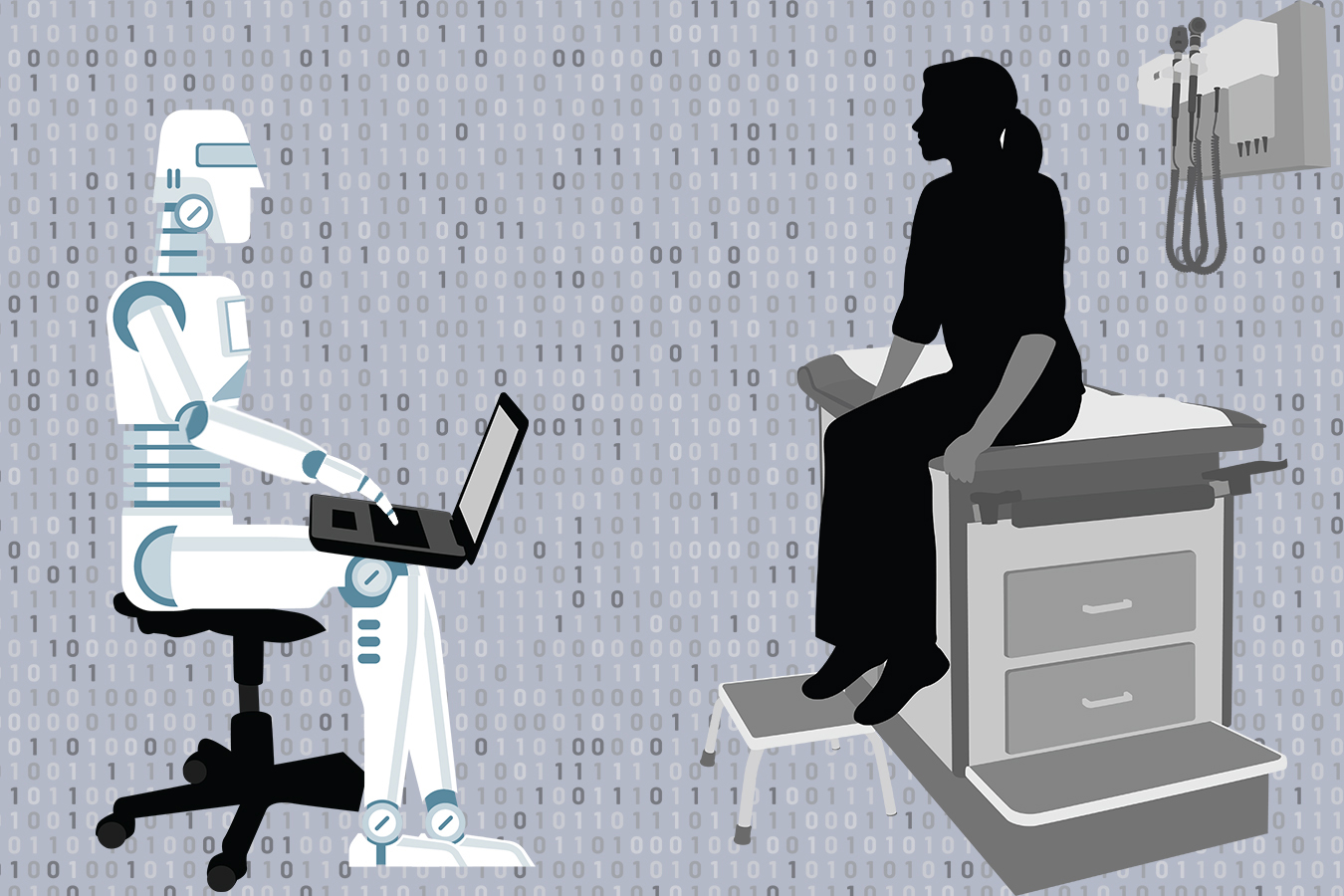 Liz Szabo
Liz SzaboKaiser Health News
Originally published 30 Dec 19
Here is an excerpt:
“Almost none of the [AI] stuff marketed to patients really works,” said Dr. Ezekiel Emanuel, professor of medical ethics and health policy in the Perelman School of Medicine at the University of Pennsylvania.
The FDA has long focused its attention on devices that pose the greatest threat to patients. And consumer advocates acknowledge that some devices ― such as ones that help people count their daily steps ― need less scrutiny than ones that diagnose or treat disease.
Some software developers don’t bother to apply for FDA clearance or authorization, even when legally required, according to a 2018 study in Annals of Internal Medicine.
Industry analysts say that AI developers have little interest in conducting expensive and time-consuming trials. “It’s not the main concern of these firms to submit themselves to rigorous evaluation that would be published in a peer-reviewed journal,” said Joachim Roski, a principal at Booz Allen Hamilton, a technology consulting firm, and co-author of the National Academy’s report. “That’s not how the U.S. economy works.”
But Oren Etzioni, chief executive officer at the Allen Institute for AI in Seattle, said AI developers have a financial incentive to make sure their medical products are safe.
The info is here.